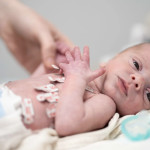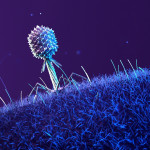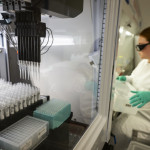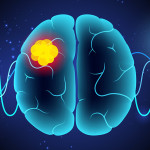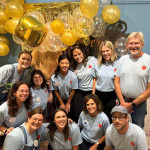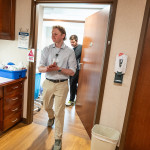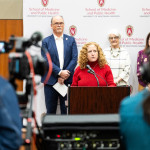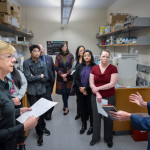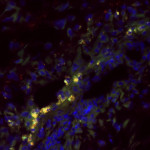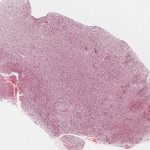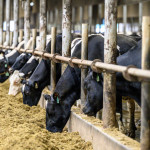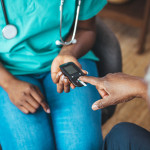Tag Health & medicine
From the lab to the NICU: UW researchers pioneer contactless health monitoring
The system could pave the way for safer, more comfortable patient care in settings ranging from neonatal units to in-home recovery.
Microbes mutated in space hint at biomedical benefits to humans on Earth
Researchers are interested in studying effects on the gut microbiome and antibiotic-resistant infections.
With milk testing and new tools, UW scientists are helping prevent bird flu outbreaks in Wisconsin and beyond
The Wisconsin Veterinary Diagnostic Laboratory processes samples from every dairy farm in the state to help prevent an H5N1 outbreak among cattle.
A Decade of Discovery: ORCHARDS Concludes After Ten Years of Groundbreaking Research
After 10 years, the Oregon Child Absenteeism Due to Respiratory Disease Study has concluded. UW researchers involved with the study reflect on its impact as one of the most comprehensive and long-running community-based studies of respiratory illness in school-aged children in the US.
Bridging the Gap
The UW School of Nursing’s Center for Aging Research and Education (CARE) provides essential support to the growing population of older adults in Wisconsin by educating the next generation of caregivers and engaging with communities to support healthy aging in place.
Research project aims to measure brain fog as long-term effect of COVID-19
The findings of the study could inform the development of more targeted therapies to combat the effects of brain fog, which include memory loss, attention deficits and fatigue, that can make it hard to complete the tasks of daily life.
The Future of Health
Researchers across the College of Letters & Science are focused on critical topics that will change the way the world looks at medicine, health policy and personal wellness.
UW–Madison center combating opioid overdoses in Wisconsin highlighted in Sen. Baldwin visit
The new Wisconsin Opioid Overdose Response Center is already making important strides toward its mission to equip Wisconsin pharmacies with innovative tools to prevent opioid deaths.
UW researchers find previously unknown links between microbial bile acids and the risk of colon cancer
A team of UW–Madison scientists have uncovered that bile acids produced by the liver to help digest food may affect our risk for developing colon cancer.
Research to treat placenta could improve human pregnancies
In humans, placental insufficiency restricts the growth of developing fetuses and typically leads to premature delivery and extended stays in the neonatal intensive care unit.
Update from UW–Madison experts on bird flu spread
UW experts are assisting efforts to track and research the virus with an eye toward minimizing risk to human health and protecting the state’s agricultural sector.
Type 2 diabetes may contribute to racial disparities in colorectal cancer among Americans
The findings underscore the value of colonoscopies and other colorectal cancer screenings, especially for Black and lower-income Americans who on average suffer worse outcomes after a cancer diagnosis.
Lauren McLester-Davis becomes UW’s first director of Indigenous science advocacy
In this new position, she will weave together science addressing Alzheimer’s disease and dementias, metabolism, and cognitive aging among Indigenous populations in Wisconsin, and other groups often underrepresented in research.

